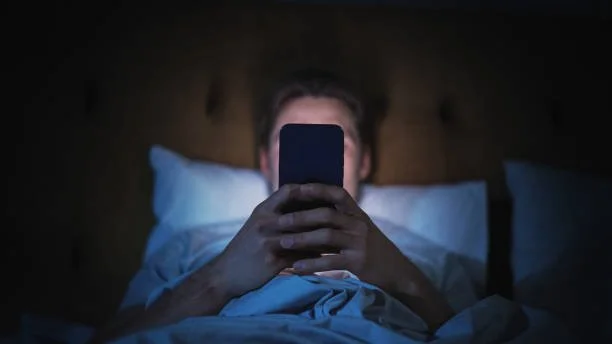Improving Sleep: 6 Simple, Science-Backed Habits That Help
As someone who has struggled with insomnia throughout my life, I’ve constantly searched for ways to improve the quality of my sleep. Through years of trial and error—and learning the why behind certain habits through my education—I’ve successfully increased the amount of sleep I get and reduced how often I wake up during the night.
During my studies, I was introduced to the concept of sleep hygiene. Sleep hygiene refers to a set of habits that promote better sleep. Below are some scientifically backed strategies I’ve personally found helpful in improving my sleep hygiene:
1. Morning Sunlight
Let’s start at the beginning of the day. Within the first hour of waking, it's important to expose ourselves to direct sunlight for 10 to 15 minutes. This does not mean staring directly into the sun, rather being outside, without sunglasses on, in the direction of the sun, is the ideal amount of exposure. Sunlight is absorbed through our eyes and recognized by the hypothalamus, the part of the brain that serves as the messenger between the body and mind. This exposure helps regulate our melatonin production and cortisol levels, which together support a balanced circadian rhythm—our natural sleep-wake cycle. Over time, this can significantly improve sleep quality.
2. Delayed Caffeine Intake
For many people, it’s a ritual to sip coffee or tea first thing in the morning. However, doing so might be interfering with your sleep. Caffeine works by blocking adenosine, a natural neurotransmitter that promotes relaxation and sleepiness. This disrupts the natural balance of brain chemicals and can throw off your circadian rhythm. By delaying caffeine intake by about 90 minutes after waking, you give your body time to naturally regulate itself, leading to better daytime functioning and higher-quality sleep at night.
3. Meditation
One of the most effective ways to relax both body and mind is through meditation. Throughout the day, our minds are often racing, and this mental activity can follow us into the night, making it harder to fall asleep. We also carry tension in our bodies that we may not even be aware of. Practicing meditation—particularly before bed—helps create a sense of presence and calm. I recommend body scan meditations, which guide you through observing physical sensations and releasing tension from the body and mind. Here’s a link to one of my favorites.
4. Reducing Screen Time Before Bed
Limiting screen time before bed has been shown to significantly improve sleep quality. The blue light emitted from devices can suppress melatonin production and increase anxiety, making it harder to fall asleep. Try to avoid screens—including phones and TVs—for at least 20 minutes before bedtime. Instead, opt for calming, non-stimulating activities like reading a book or listening to calming music.
5. Reserve the Bed for Sleep
Many people use their beds for everything—watching TV, eating, reading, scrolling on their phones, even working. This creates an association between the bed and wakefulness. Instead, aim to reserve your bed for just sleep. This helps train your brain to associate the bed with rest and relaxation, making it easier to fall asleep when your head hits the pillow.
6. Journaling
I’m a huge fan of journaling, especially before bed. The beauty of journaling is that there’s no “right” or “wrong” way to do it. Writing down your thoughts—whether they’re about the day you had, what’s on your mind, or worries about tomorrow—helps release mental clutter. It gives your brain a sense of closure, making it easier to relax.
I encourage people to end their journal entries with three positive contributions they made that day. These don’t need to be big accomplishments. Something as simple as “I fed my dog,” “I washed the dishes,” “I exercised,” or “I talked to a friend” works. Ending with positive reflections has been shown to reduce stress, depression, and anxiety.
Improving sleep is a journey, not a one-size-fits-all solution. But with consistent effort and the right tools, quality sleep becomes much more attainable. I hope some of these tips help you the way they’ve helped me!



